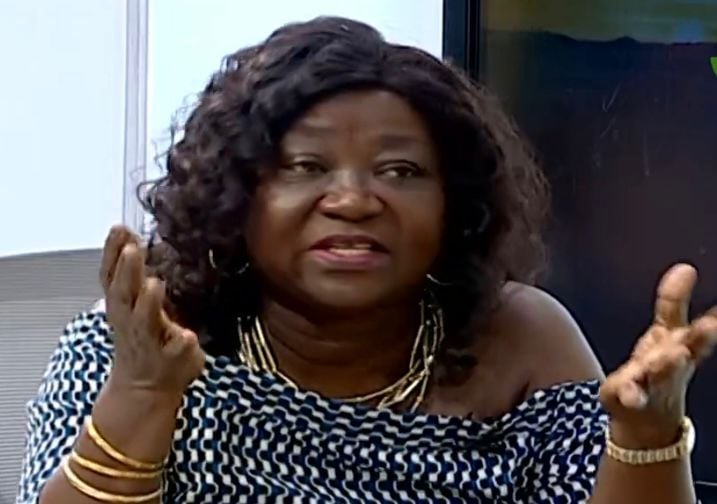Gloria Ofori-Boadu, a Managing Legal Practitioner, has strongly advocated for the current National Democratic Congress (NDC) government to learn from the successful aquaculture model implemented by the former Fisheries and Aquaculture Minister, Mavis Hawa Koomson, during her tenure under the New Patriotic Party (NPP) administration. Ofori-Boadu believes that Koomson’s approach to promoting aquaculture, particularly in inland communities, holds valuable lessons for the current government in its efforts to address unemployment, especially among youth engaged in illegal mining, often referred to as “galamsey.”
Ofori-Boadu highlights a specific initiative under Koomson’s leadership where a grant of GH¢30,000 was provided to young people to establish aquaculture infrastructure and procure fingerlings. She contends that replicating such initiatives could offer sustainable alternative livelihoods, diverting youth from the hazardous and environmentally destructive practice of galamsey. The focus on aquaculture, according to Ofori-Boadu, stems from the recognition that not all Ghanaians have access to coastal fishing opportunities, making inland aquaculture a viable option for income generation and food security.
Ofori-Boadu’s call for consultation emphasizes the potential benefits of cross-party collaboration in addressing national challenges. She urges the NDC government to reach out to Koomson and tap into her expertise and experience in implementing successful aquaculture projects. This, she believes, is a pragmatic approach to finding solutions for youth unemployment, particularly in gold mining areas where the allure of quick money from galamsey often outweighs the risks involved. She stresses the need to provide alternative income streams that are more lucrative and sustainable than the meager earnings from illegal mining.
The proposed aquaculture initiatives aim to provide a more sustainable and environmentally friendly alternative to galamsey. By offering training, resources, and financial support, young people could be empowered to establish their own aquaculture businesses, contributing to both their personal economic well-being and the overall development of their communities. This approach, according to Ofori-Boadu, addresses the root causes of galamsey by providing a viable alternative that offers not only financial stability but also a sense of ownership and purpose.
Ofori-Boadu’s emphasis on Koomson’s “template” underscores the importance of learning from past successes and adapting proven models to current challenges. The existing framework, which includes the provision of grants, infrastructure support, and access to fingerlings, can be readily implemented and scaled up to reach a wider population. This approach, she argues, is more efficient and effective than starting from scratch and allows for the rapid deployment of resources to address the urgent need for job creation.
In essence, Ofori-Boadu’s appeal is a call for pragmatic, results-oriented governance. By leveraging the knowledge and experience of individuals who have demonstrated success in specific areas, the government can avoid reinventing the wheel and accelerate the implementation of effective solutions. Her focus on aquaculture as a viable alternative to galamsey offers a concrete example of how targeted interventions can address complex socio-economic challenges and contribute to sustainable development. The call for collaboration across party lines further emphasizes the importance of prioritizing national interests over political considerations in the pursuit of effective solutions for the benefit of all Ghanaians.


